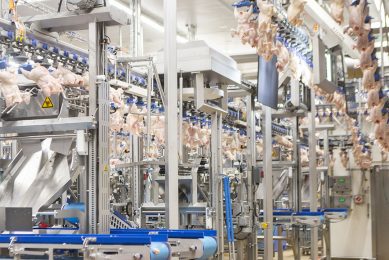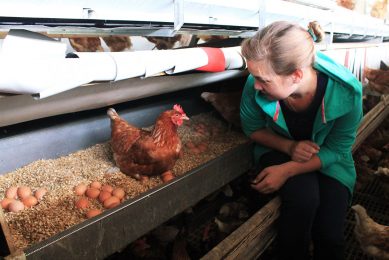Illegal Price Fixing
In 2001 European Commission ruled that over the period 1991 through 1995 ADM and Haarmann and Reimer of the USA, Cerestar Bioproducts of Holland and, Hoffmann-LaRoche and Jungbunzlauer of Switzerland participated in a cartel to fix prices and manipulate the market for citric acid. By Simon Shane
At the end of September, the European Court of First Instance rejected the appeals by Archer Daniels Midland Company (ADM) and Jungbunzlauer against a December 2001 decision by the European Commission. The court ruled that over the period 1991 through 1995 ADM and Haarmann and Reimer of the USA, Cerestar Bioproducts of Holland and, Hoffmann-LaRoche and Jungbunzlauer of Switzerland participated in a cartel to fix prices and manipulate the market for citric acid.
The EC fine for the five guilty companies was €135 million with ADM responsible for €40 million.
Serial offenders of price fixing
In 1995 ADM was found guilty in US courts of contravening the Sherman Antitrust Act by operating a cartel together with Ajinimoto and Kyowa Hakko Kogyo of Japan and Sewon and Cheil Jedung of Korea, to fix the price of lysine. In this case ADM was fined $100 million.
In 1995 ADM was found guilty in US courts of contravening the Sherman Antitrust Act by operating a cartel together with Ajinimoto and Kyowa Hakko Kogyo of Japan and Sewon and Cheil Jedung of Korea, to fix the price of lysine. In this case ADM was fined $100 million.
In 1999, the US Department of Justice imposed penalties totaling over $750 million on ADM ($500 million) and German pharmaceutical giant BASF ($225 million) and ordered restitution to integrators as a result of collusion with Rhone Poulenc of France to fix the prices of vitamins over the period 1990 through 1995.
The cost of price fixing
Vigorous investigation and prosecution of cases involving unfair business practices is obviously necessary. Unrestrained, multinational suppliers will engage in price fixing, manipulating markets through non-competitive supply, predatory pricing and other activities which limit free exercise of pricing based on competitive factors including supply and demand.
Vigorous investigation and prosecution of cases involving unfair business practices is obviously necessary. Unrestrained, multinational suppliers will engage in price fixing, manipulating markets through non-competitive supply, predatory pricing and other activities which limit free exercise of pricing based on competitive factors including supply and demand.
Creating artificially high prices for nutrients, pharmaceutical products or packaging increases costs to producers. This reduces margins, limits return on investment and in the long-term these hidden costs are borne by both consumers and shareholders in production enterprises. It is even more disturbing that two of the manufacturers involved in the most recent citric acid case are serial offenders denoting profound deficiencies in corporate ethics and responsibility. Price fixing is not a technical offense and should be regarded in a serious light by both regulators and the poultry industry.
By: Simon Shane
By: Simon Shane













